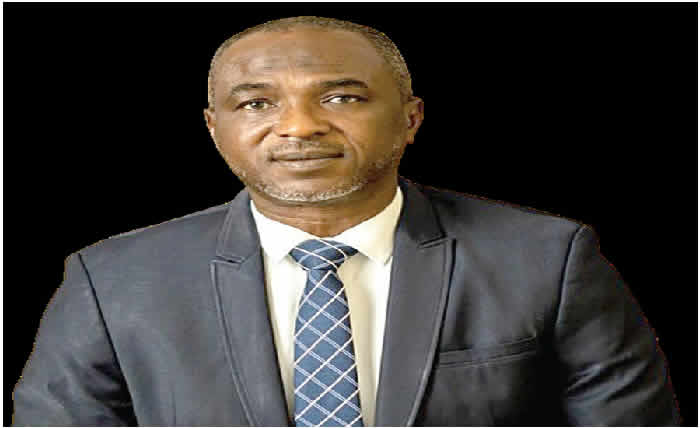The Nigerian Federal Government, under the leadership of President Bola Ahmed Tinubu, recently announced the suspension of a planned review of doctors’ allowances, a move aimed at averting a looming nationwide strike by medical professionals. The decision comes after extensive negotiations and consultations with various stakeholders in the health sector, including the Nigerian Medical Association (NMA) and other healthcare unions. The primary contention revolved around proposed adjustments to doctors’ hazard, call-duty, and specialist allowances, which the NMA argued were inadequate and failed to reflect the challenging and demanding nature of their profession. The government’s intervention underscores the critical role medical professionals play in the nation’s healthcare system and the potential disruption a strike could cause.
The dispute regarding doctors’ allowances has been an ongoing issue, exacerbated by the impact of the COVID-19 pandemic and the subsequent surge in healthcare demands. Doctors have argued that the current allowance structure does not adequately compensate them for the risks they face, the long and unpredictable hours they work, and the specialized knowledge and skills they bring to patient care. This disparity, they contend, has led to a significant brain drain of medical professionals seeking better opportunities abroad, further exacerbating the existing shortage of doctors in Nigeria. The NMA, representing the interests of Nigerian doctors, had threatened industrial action if the government failed to address their concerns. The suspension of the allowance review provides a temporary reprieve while allowing for further dialogue and negotiation.
The Federal Government’s decision to suspend the review signifies a willingness to engage with the doctors’ concerns and work towards a mutually acceptable solution. It acknowledges the crucial role that healthcare professionals play in the overall well-being of the Nigerian populace and seeks to prevent a disruption in essential healthcare services. While the decision to suspend the review averts an immediate crisis, the underlying issues regarding doctors’ welfare and remuneration remain to be addressed. The government must prioritize the need to create a sustainable and attractive working environment for medical professionals, including competitive salaries, adequate allowances, and improved working conditions. This is crucial for retaining existing doctors and attracting new talent to the medical profession within Nigeria.
The dialogue between the government and medical professionals moving forward must encompass a comprehensive review of the current allowance structure, taking into consideration the complexities of the healthcare landscape. Factors such as inflation, the rising cost of living, and the demanding nature of medical work should be considered when formulating a revised allowance scheme. Furthermore, a clear timeline for implementing the revised allowances should be established to provide clarity and assurance to medical professionals. The government should also consider addressing broader issues contributing to doctors’ dissatisfaction, including improving infrastructure in healthcare facilities, providing access to modern medical equipment, and ensuring the safety and security of healthcare workers.
Transparency and open communication will be essential throughout this negotiation process. Regular updates and consultations with the NMA and other relevant stakeholders will foster trust and collaboration. A joint committee comprising representatives from the government, medical associations, and other relevant bodies could be established to facilitate ongoing dialogue and ensure that the concerns of all parties are adequately addressed. The ultimate goal should be to establish a long-term solution that not only adequately compensates doctors but also strengthens the healthcare system as a whole, benefiting both medical professionals and the Nigerian population.
This temporary resolution provides an opportunity for the government and medical professionals to engage in constructive dialogue, working towards a sustainable and mutually beneficial outcome. Addressing the concerns of doctors and investing in the healthcare sector is an investment in the future of Nigeria. A well-compensated and motivated medical workforce is essential for providing quality healthcare services and ensuring the well-being of the nation. The government’s willingness to collaborate with medical professionals sets a positive precedent for addressing critical issues within the healthcare system, with the long-term goal of creating a robust and resilient healthcare infrastructure capable of meeting the needs of all Nigerians. By prioritizing dialogue and collaboration, the government can foster a strong and thriving healthcare system that benefits both its citizens and the dedicated professionals who serve them.


